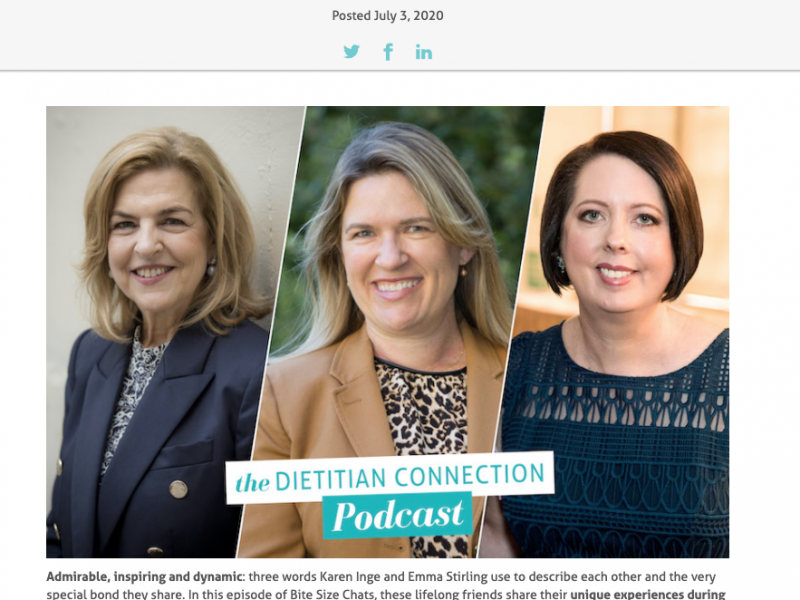When you think about buzz words in nutrition, I’m guessing fibre is not top of mind? But we all know that getting the fibre formula right, is one of the biggest boosts we can make to health and errrr, well yes, regularity. But what does a dietitian find when they dig a little deeper and look at the latest research and fibre facts?
About our expert:
Shane Landon APD has over 15 years experience as a nutrition consultant, media commentator and speaker. He has authored numerous nutrition and health articles as well as reports for health professionals and peer reviewed journal articles, including the focus of today’s post. Shane has a long-standing academic interest in dietary fibre, resistant starch and the benefits of plant based eating.
Did you know? Newspoll research commissioned by Sanitarium showed that one fifth of Australians don’t believe they are getting enough fibre and many are not aware of the benefits of this nutrient, beyond it’s link to digestive health.
So I’m really excited to help put the spotlight back on fibre. Thanks to the support of Sanitarium I’ve been working hard on a new literature review and report just launched, Focus on Fibre. Of course there were the tried and true findings, but even someone like me who thought I was up to date, was pleasantly surprised at the new nutrition news.

Focus on Fibre clearly shows that, a fibre-rich can help:
improve immunity, fight inflammation, combat obesity, prevent type 2 diabetes, lower heart disease risk, guard against colorectal cancer; and boost digestive health. Exciting research also reveals that fibre has direct links with the immune system with a recent animal study identifying fibre as having a protective role against asthma.
Breathe easy
Fibre and asthma? Yes. You see a number of by-products or metabolites called short chain fatty acids are created from the fermentation (break down) of fibre by gut bacteria and it is these metabolites that are central in fibre’s ability to influence immune responses. The short chain fatty acids bind with specific receptors to impact the immune response resulting in an anti-inflammatory effect. In the European asthma study, mice on a high fibre diet were protected against a severe inflammatory response when exposed to dust mite whereas the mice on low fibre diets experienced a strong allergic reaction in their airways. The research team then confirmed that it was the short chain fatty acids, generated via the fermentation of dietary fibre, that facilitated the protective effect. To me, this is gound breaking and it just goes to show that while many of the benefits of fibre are well documented there could be a whole raft of other benefits yet to be uncovered.

Figs are fresh in season and I’m loving this Quinoa and Fig Salad with Lemon Dressing Recipe by Sanitarium, Em, Ed.
Types of fibre – there’s more than one!
To feel and reap the benefits, people should be consuming the three main types of fibre – soluble, insoluble and resistant starch. Just a reminder:
Soluble fibre these are gel-like fibres that can lower blood sugar levels, and is found in oats, barley, rye, grain foods, fruits vegetables nuts and seeds as well as legumes like baked beans, lentils and red kidney beans.
Wholegrains including brown rice, wholemeal bread as well as wholegrain cereals and nuts are fantastic sources of insoluble fibre. These are the “bulking fibres” that are so important for keeping things moving.
Resistant starch can be found in foods such as grains including millet, firm bananas, lentils, soy, pasta and cold cooked potatoes. It resists digestion in the small intestine to reach the bowel where it produces a range of beneficial changes in the colon.
Editor’s comment:
Thanks so much Shane for bringing us up to speed. To find out more, you can download the report Focus on Fibre report here and to join the national conversation on fibre use #focusonfibre #fibrefacts.


